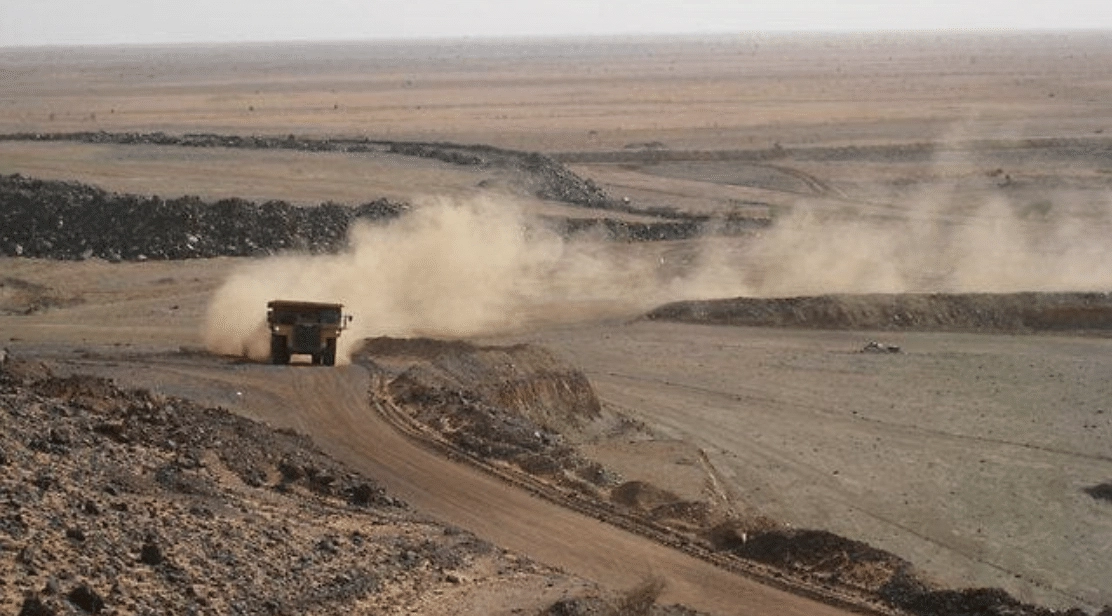Darwinism....or is it?

Published: August 8, 2018
It is safe to say the mining industry would probably not have been front of mind as the great naturalist laid out his theory of natural selection in the 1850s. However through the grind lower in commodity prices to their nadir in 2016, many companies found themselves in a similar struggle for existence as those species Darwin observed on his travails through South America. For the decade before, largesse stemming from the proclamation of a ‘supercycle’ had led to a cognitive dissonance that allowed us to believe the party could last forever.
Fast forward 3 years and the industry is now in far better shape.
A combination of higher commodity prices and prudent budgeting has enabled companies to pay down debt, return money to shareholders and even green light project developments, re-establishing trust between boards and shareholders.
But that belies more subtle transformations that have also taken place: the best economic managers are evolving to an increasingly responsible and sustainable world that values decisions favoring quality and efficiency.
CEOs and Chairs with experience in Manufacturing are accustomed to supply chains that are dimensionally complex. Their influence is growing so that we hear mining executives preach with ever increasing zeal that they no longer sell commodities, but products.
The news this week that BHP’s Nickel West has produced its first batch of nickel sulfate is analogous: it is not an exaggeration to say that in the past few years the business has fought for its very survival. Under attack from the invasive species that is NPI, Class I nickel producers had found themselves out of favour as stainless mills took a greater proportion of required nickel units in lower purity ferronickel, NPI and scrap. Now, with the EV revolution upon us which requires NMC or NCA batteries in the powertrain, forecasted demand for nickel sulfate is expected to increase x15 - 20 fold by 2025.
Nickel West has been quickest to adapt to an expected deficit in the chemical product, which cannot be economically substituted by Class II metal. The division has invested US$43M to construct the world’s largest nickel sulfate facility, targeting 90% of output into the battery market by the end of 2019, where it can realise the sometimes >30% premium that nickel sulfate achieves over the LME nickel price.
And this is why the Executive now preaches products and bifurcation; the rewards are immense.
Whether it be nickel sulfate, iron ore lump and pellets or low arsenic copper concentrates, pricing differentials - especially for ‘premium’ products - have already diverged from the mainstream markets.
What would you do differently today if you thought you could achieve even a ~5% increase in your realised price?
Lastly, a confession…the quote I led with doesn’t actually feature in The Origin of Species. It comes from Dr. Leon Megginson…a professor in Business Management at Louisiana State University. Funny that.



